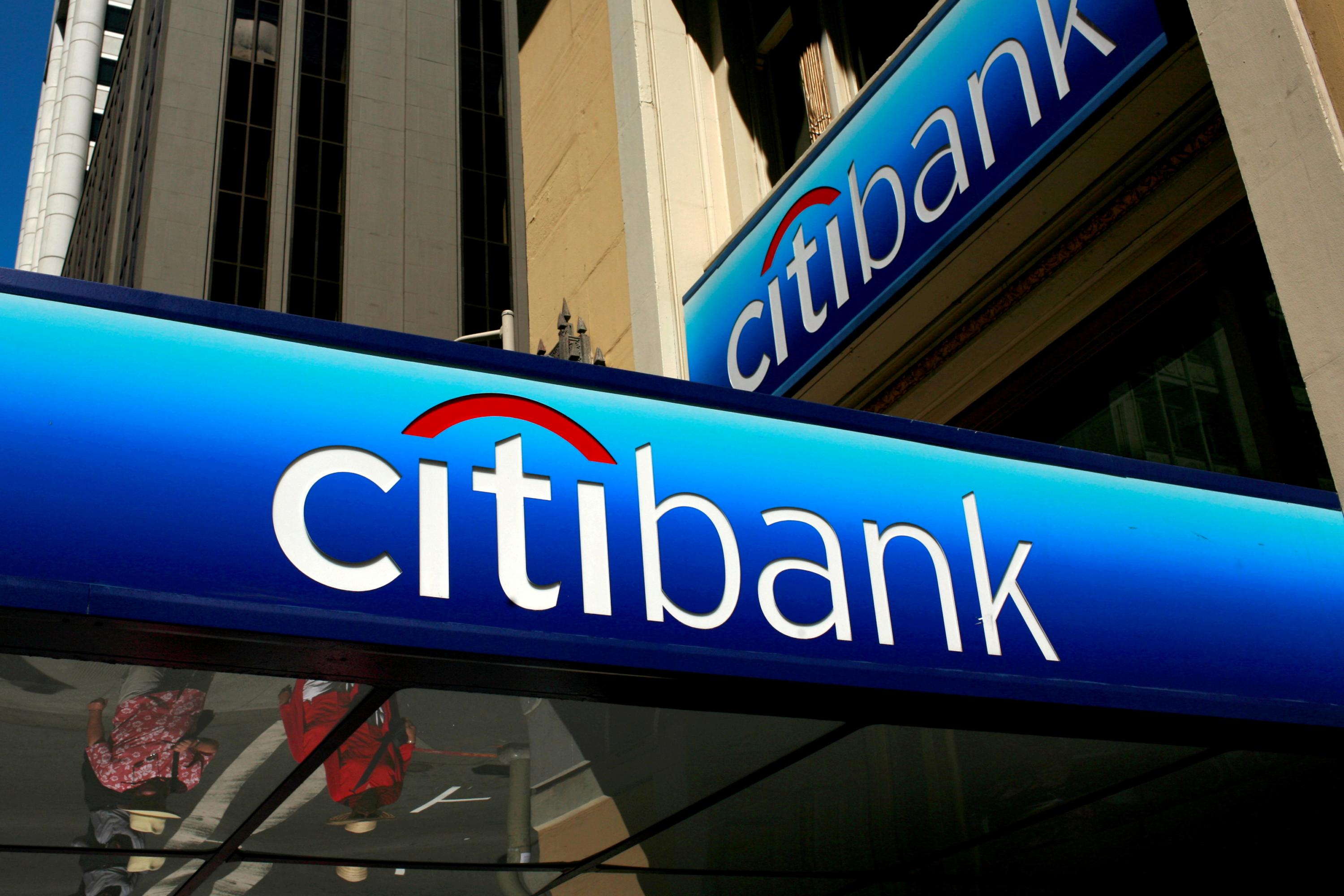DBS deal marks Citi's exit from 7 of 13 consumer banking markets outside US
Sign up now: Get ST's newsletters delivered to your inbox

Major regional banks see Citi's loss as their gain.
PHOTO: REUTERS
SINGAPORE - Citigroup's sale of its Taiwan consumer business to DBS Group on Friday (Jan 28) marks its exit from seven of 13 retail banking markets outside the United States that the banking giant has planned for a pullout in a "strategy refresh" under chief executive Jane Fraser.
Slated to be completed next year, the sale to DBS is expected to free up some US$800 million (S$1.08 billion) in tangible common equity. The deal spans Citi's retail banking, credit card, mortgage and unsecured lending businesses in Taiwan.
If Citigroup exits from its consumer franchises in all 13 markets across Asia, Europe and the Middle East, it should free up some US$7 billion in tangible common equity when completed.
Tangible common equity is a measure of a company's physical capital, which is used to evaluate a financial institution's ability to deal with potential losses.
The US-listed bank in April last year said it will offload its non-US consumer franchises in Australia, Bahrain, China, India, Indonesia, South Korea, Malaysia, the Philippines, Poland, Russia, Taiwan, Thailand and Vietnam in a bid to boost profitability.
The move came a month after Ms Fraser, who formerly led Citi's retail division, became chief executive of the US bank. She had told the media that Citi did not have the scale it needed to compete in those 13 markets.
Major regional banks see Citi's loss as their gain though.
Post-integration in mid-2023, DBS will likely be the largest foreign bank in Taiwan by assets. DBS also plans to inject a further $2.2 billion into the Taiwan unit, which is expected to contribute at least $250 million annually in net profit to DBS after Covid-19 recovery, DBS chief executive Piyush Gupta said in a statement.
The move comes barely two weeks after UOB announced the close to $5 billion acquisition of Citi's consumer banking franchise in Malaysia, Thailand, Indonesia and Vietnam.
The move will enable UOB to scale up its business in four key regional markets at one go and accelerate its growth targets by five years, said its deputy chairman and chief executive Wee Ee Cheong.
That acquisition will immediately add $1 billion to UOB's annual income, said Mr Wee.
In December 2021, Citi announced the sale of its consumer-banking business in the Philippines to UnionBank. The Philippine bank will pay cash plus a premium of 45.3 billion pesos (S$1.2 billion) for the business.
In August 2021, it sold its Australia consumer business to National Australia Bank for about US$1.2 billion in cash plus premium.
Citi received about 40 final bids from rival banks for its retail lending businesses in a dozen Asian markets in November 2021, according to the Financial Times, quoting people close to the matter.
The sale of its businesses to DBS and UOB is expected to impact 8,500 staff, who will be absorbed by the two banks.
Post-exit, Citi will focus its business on wealth management through Singapore, Hong Kong, the United Arab Emirates and London, Ms Fraser said last year.
Citi on Jan 14 reported net income of US$22 billion for 2021 on revenues of US$71.9 billion, compared with net income of US$11 billion on revenues of US$75.5 billion in 2020.
For the fourth quarter of last year, Citi's earnings fell 26 per cent to US$3.2 billion, with the results depressed by US$1.1 billion in after-tax expenses related to the sale of its consumer banking businesses outside the US.
Revenue from Citi's global consumer business dropped 6 per cent year on year to US$6.9 billion in the fourth quarter, reflecting lower revenues across regions. The contribution from Asia fell 9 per cent to US$1.5 billion.


